Study Abroad Programs
Whether you're searching for a part-time study abroad program or a full-time internship, CIEE has a program for you! Browse our catalog of 500+ programs to find the best fit for your academic goals and personal interests.
Need help choosing a program? Plan your journey!
507 Programs Found
Browse Programs
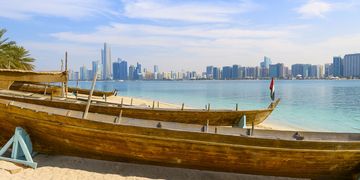
- Study Program
...for 1, 2, or 3 term blocks!

- Amsterdam, Netherlands
- Study Program
...for 1, 2, or 3 term blocks!
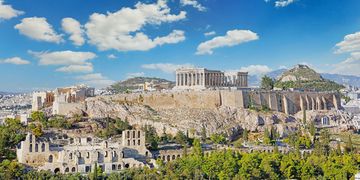
- Athens, Greece
- Study Program
- Part-Time Internship
...for 1, 2, or 3 term blocks!
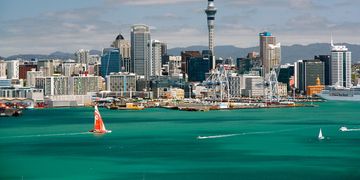
- Auckland, New Zealand
- Study Program
- Part-Time Internship
...for 1, 2, or 3 term blocks!

- Berlin, Germany
- Study Program
- Part-Time Internship
...for 1, 2, or 3 term blocks!
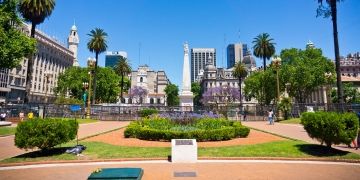
- Buenos Aires, Argentina
- Study Program
- Part-Time Internship
...for 1, 2, or 3 term blocks!
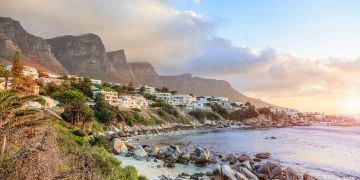
- Cape Town, South Africa
- Study Program
- Part-Time Internship
...for 1, 2, or 3 term blocks!
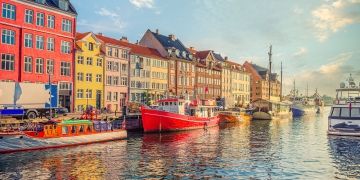
- Copenhagen, Denmark
- Study Program
- Part-Time Internship
...for 1, 2, or 3 term blocks!

- Dublin, Ireland
- Study Program
- Part-Time Internship
...for 1, 2, or 3 term blocks!

- Kyoto, Japan
- Study Program
- Part-Time Internship
...for 1, 2, or 3 term blocks!

- London, England
- Study Program
- Part-Time Internship
...for 1, 2, or 3 term blocks!

- Madrid, Spain
- Study Program
- Part-Time Internship
...for 1, 2, or 3 term blocks!